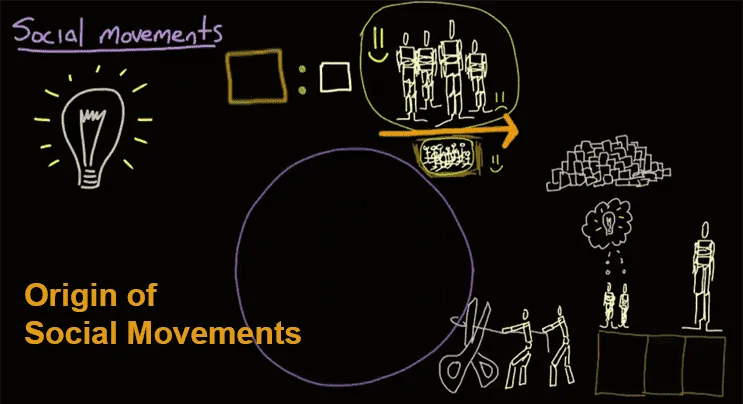Explain the concept of Urbanization. Discuss the Impact of Urbanization on Rural Areas.
Urbanization:
Urbanization is closely linked to modernization, industrialization, and the sociological process of rationalization. Urbanization can describe a specific condition at a set time, i.e. the proportion of total population or area in cities or towns, or the term can describe the increase of this proportion over time. So the term urbanization can represent the level of urban development relative to overall population, or it can represent the rate at which the urban proportion is increasing.
Urbanization may be driven by local and global economic and social changes, and is generally a product of modernization and industrialization. Urbanization has economic and environmental effects. Economically, urbanization drives up prices, especially real estate, which can force original residents to move to less-desirable neighborhoods.
Impacts of Urbanization on Rural Areas
Environmentally, cities cause ‘heat islands’, where less vegetation and open soil raise city temperatures by 2 to 10 degrees Fahrenheit. Recently in developed countries, sociologists have observed sub-urbanization and counter-urbanization, or movement away from cities, which may be driven by transportation infrastructure, or social factors like racism.
Urbanization generally occurs with modernization and industrialization, and is often motivated by economic factors. These factors pull people to cities at the same time that they push people from rural homes.
Another term for urbanization is rural flight. In modem times, this flight often occurs in a region following the industrialization of agriculture, when fewer people are needed to bring the same amount of agricultural output to market and related agricultural services and industries are consolidated.
These factors negatively affect, the economy of small and middle-sized farms and strongly reduce the size of the rural labor market. Rural flight is exacerbated when the population decline leads to the loss of rural services (such as business enterprises and schools), which leads to greater loss of population as people leave to seek those features.
As more and more people leave villages and farms to live in cities, urban growth results. The rapid growth of cities like Chicago in the late nineteenth century and Mumbai a century later can be attributed largely to rural-urban migration. This kind of growth is especially commonplace in developing countries.




